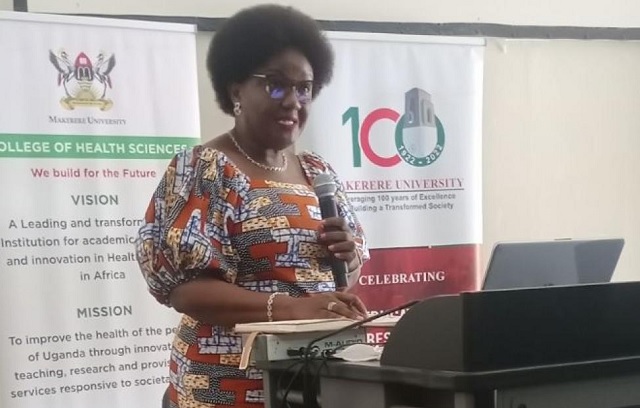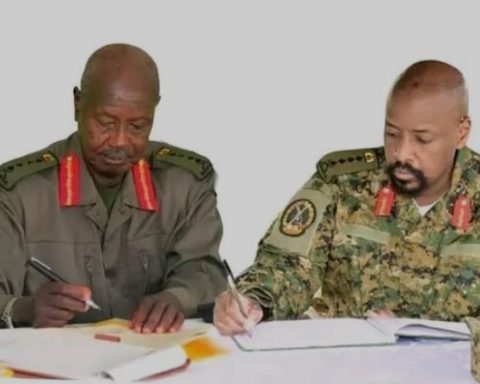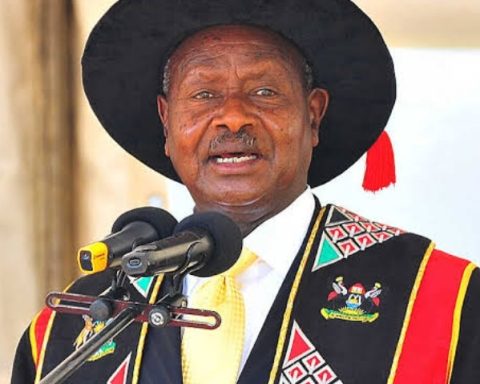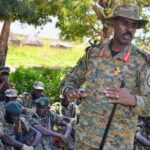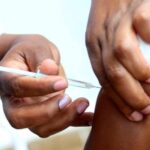The content of the curriculum used to teach students in Uganda’s medical schools is out of touch with the current needs of the country, and experts are worried.
Prof. Joel Okullo, the Chairman of the Uganda Medical and Dental Practitioners Council that regulates medical practice told scientists attending a symposium organized as part of the events to celebrate 100 years of Makerere University, that medical school is using a cut and paste curriculum with little focus on public health.
Okullo revealed that he was part of the delegation that President Museveni sent to Cuba more than five years ago in a botched programme to import doctors. He added that when they returned, they made recommendations that the country should drop focus on curative health promotion and preventive medicine.
Okullo however adds that none of their recommendations has been adopted and there is no regular review of the curriculum to update training to match the country’s current needs. Instead, he notes the country is trying to find ways of exporting doctors, something that doesn’t solve Uganda’s health problems.
While the regulator punches holes in the Makerere medical school curriculum, Prof. Francis Omaswa who was formerly a Chancellor of Busitema University and Director General of Health Services reveals worse. He says other medical schools copied and pasted Makerere’s curriculum.
He explains that while still at the medical school more than 50 years ago, they had a course unit on disease prevention which was practical that students would go all the way from the hospital to the community to close the gaps that were leading to diseases such as diarrhoea that are killer but preventable.
Instead, Dr Rhoda Wanyenze, the Dean of School Public Health at Makerere University reports that the public health course that would encompass this was removed from areas of training without even consulting the necessary experts.
To be able to remedy the medical profession, Prof. Nelson Ssewankambo, a health researcher and former Dean of School of Medicine says the country needs to develop models describing the kind of doctor the country needs. Then he says, it will be easy to come up with curriculum content that suits the need.
“We need to train based on where we want our doctors to practice from. Whether we need doctors to practice in New York or Kaabong.”
However, responding to these concerns, Maria Nakato Ssemakula who is in charge of accreditation at the National Council for Higher Education (NCHE) said they have clearly spelt out what is needed to accredit training programmes but institutions are skipping reviews yet these are supposed to be done every after five years.
After that, they are supposed to be re-accredited by the council to approve any new additions to the curriculum.
![]()

